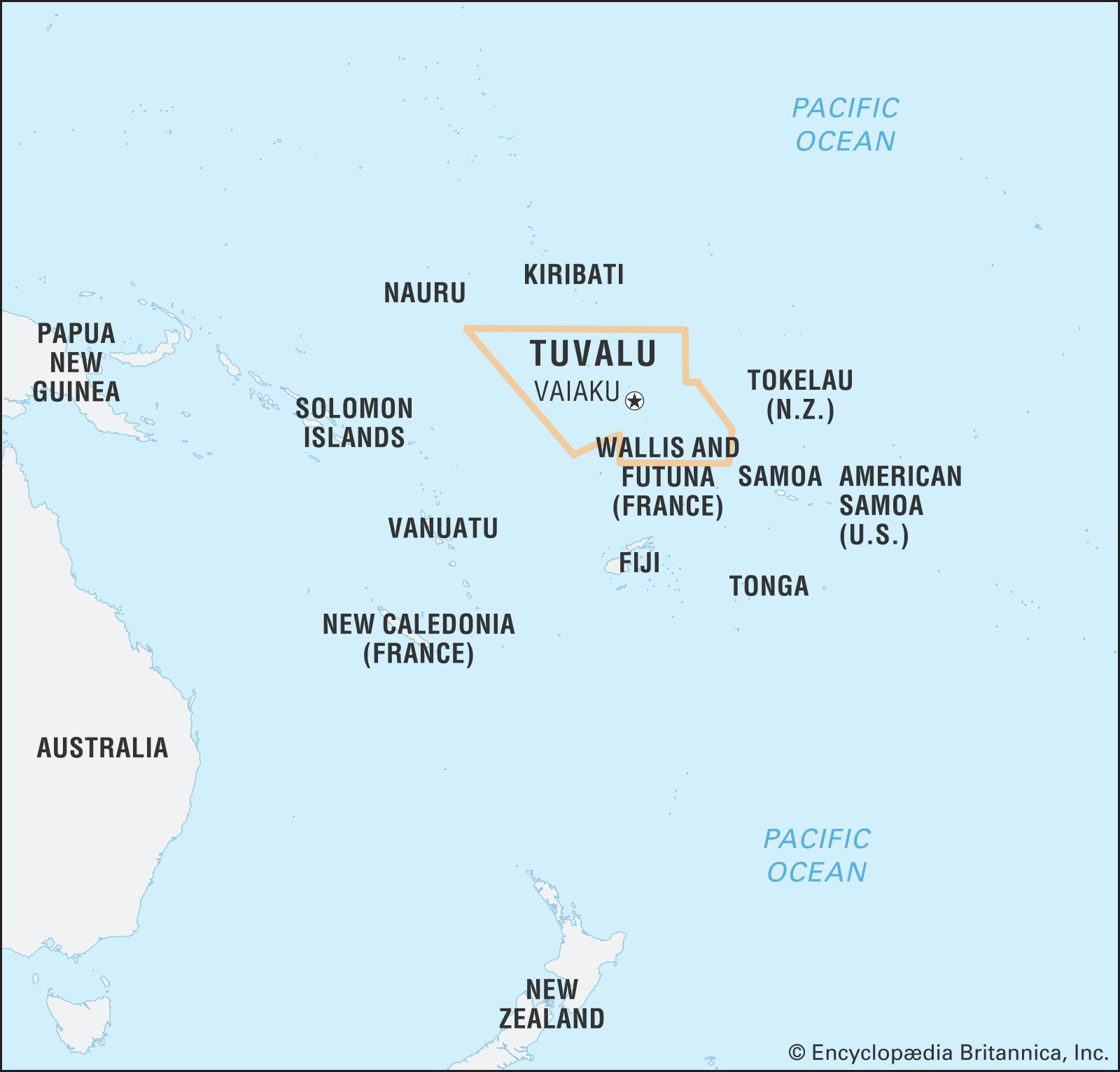Free Courses Sale ends Soon, Get It Now


Free Courses Sale ends Soon, Get It Now



Disclaimer: Copyright infringement not intended.
Context
Tuvalu faces the threat of disappearing entirely from the face of the Earth due to rising sea levels and coastal erosion caused by climate change.
Details
Serene Ambience and Unique Experience
Limited Accessibility
Threat of Disappearance
Historical Context: From Ellice Islands to Tuvalu
Limited Land and Resources
Environmental Advocacy
Efforts for Preservation
Global Responsibility
About Tuvalu
History and Culture
Economy
Governance and Politics
International Relations
Tourism and Culture
Education and Healthcare
|
PRACTICE QUESTION Q)Discuss the impacts of climate change on Tuvalu's environment, economy, and society. Suggest effective strategies that the international community can adopt to support vulnerable countries like Tuvalu in their efforts to mitigate and adapt to climate change. (250 words) |
© 2024 iasgyan. All right reserved